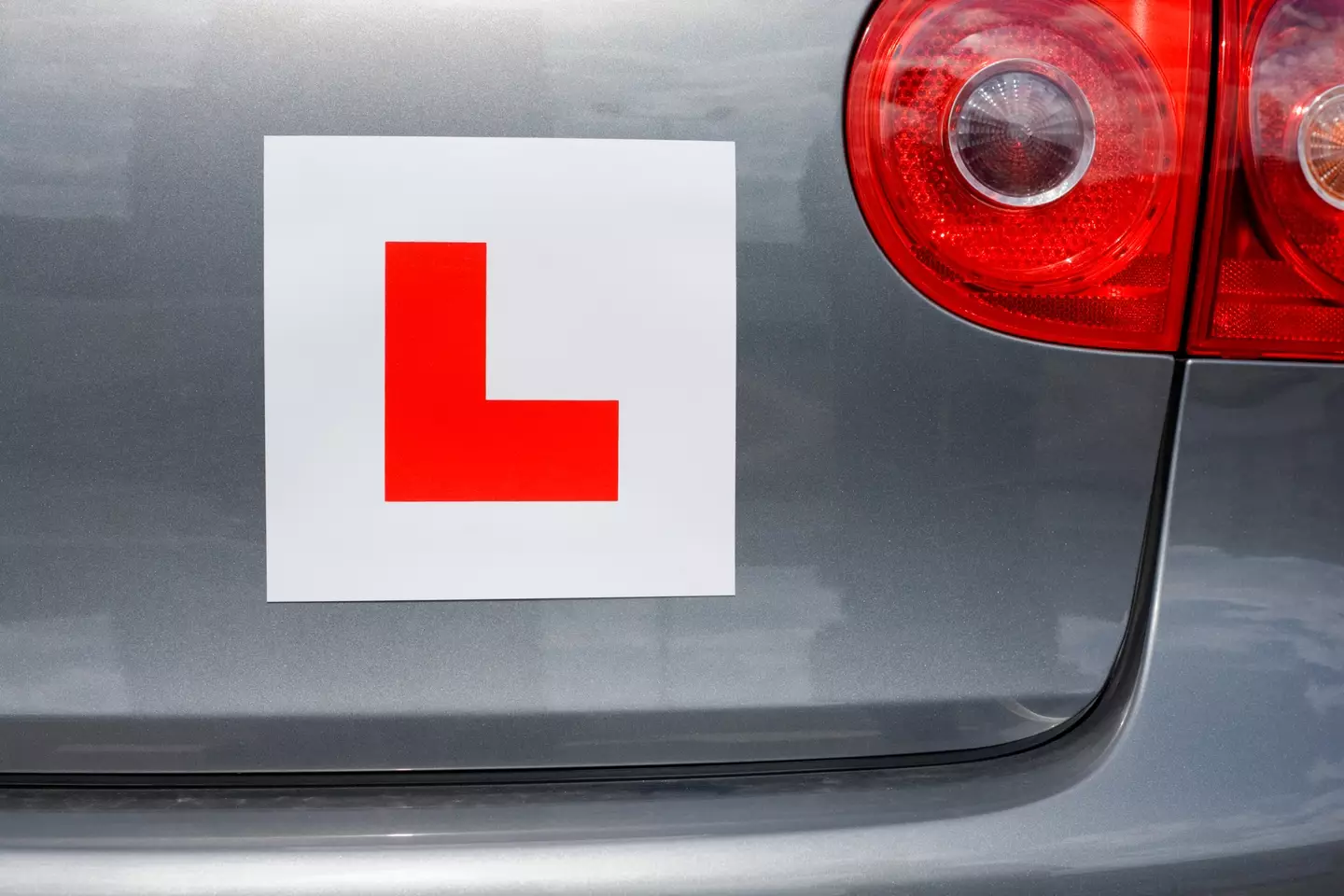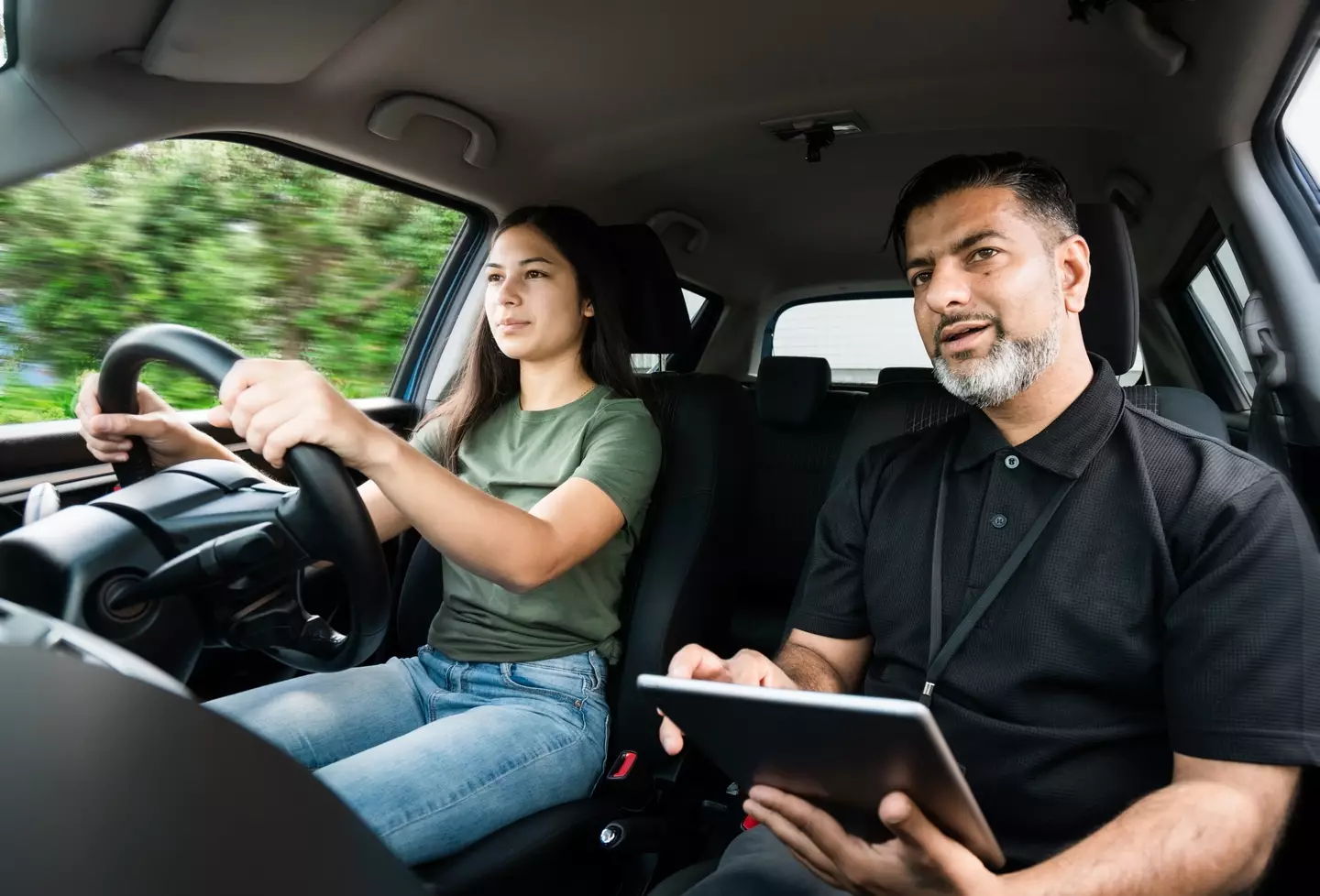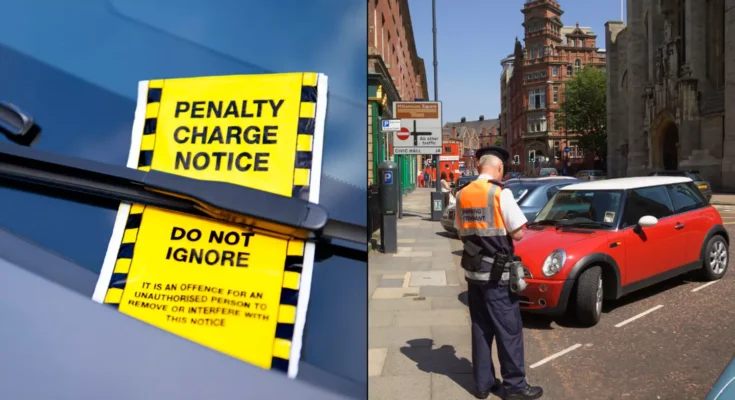It’s good news for motorists
A number of huge changes to parking are coming into play in 2025, and you’ll probably want to take note before finding a spot for your car when you’re doing that Jan sales shopping.
We all know the struggles of firstly finding a parking spot, and secondly nipping in and out quickly enough to the shops to avoid getting fined for overstaying.
That desperate run back to the car with all the shopping has left us feeling like we’ve reached our exercise quota for the year, but it looks like that worry might be over.

You may not be getting as many of these anymore (Mark Kerrison/In Pictures via Getty Images)
2025 parking rule changes
These new changes are targeted at improving fairness for drivers, specifically when they’re looking to park in private parking spaces.
The new rule aims to crack down on car park attendants that clock-watch, standing by your car and waiting to slap you with a hefty fine.
Well, from 2025, operators must give Brits a 10-minute grace period once their time has finished.
These 10 minutes are a game changer, meaning that little hold up at the till or rush to get from one side of the shopping center to the other won’t be as big of a deal.
On top of this, the way that motorists appeal fines is changing for the better too, as the process has been made easier.

Sorry mate, you’ll have to wait 10 more minutes before issuing a fine (Getty Stock Photo)
When do the new parking rules come into play?
Sadly, this updated code of practice isn’t compulsory until 2026, so it’s important to stay vigilant and check if where you’re parking has adopted the new rules.
The move has come after a number of complaints from motorists that have felt targeted by private car park operators in particular.
Speaking to Birmingham Live, Chris Adams, group operations Director at Brindley Group, said: “The IPC (International Parking Community) and BPA (British Parking Association) have introduced a few main changes to make sure that motorists are being treated fairly, with the aim of raising standards and transparency for the benefit of drivers.”
Speaking about the 10-minute grace period, he did clarify that if you are over the grace period, you’ll get fined as normal, highlighting that ‘a fine will be issued by either ANPR systems or a parking warden.’
Featured Image Credit: Getty Stock Photos
But the wait to get to that one day isn’t always particularly short in the UK.
Some learner drivers are raring and ready to go for months before they even get chance to get onto the car seat for their test.
However, the whole test process could hopefully be improving to an extent as the Driver and Vehicle Standards Agency (DVSA) has a whole list of changes coming for learner drivers in 2025.

Wait times might make you a learner for longer. (Getty Stock)
Why the DVSA are making these changes
The DVSA revealed its plans earlier this week to try and cut down the mega amount of learner drivers waiting months for their driving test.
This includes a ‘seven-point plan’, which recognises that the government needs ‘to take action to fix the driving test booking system and get new drivers on the road’.
Minister for the Future of Roads, Lilian Greenwood, said: “Passing your driving test is a life changing opportunity for millions – but sky-high waiting times for tests in recent years have denied that opportunity to too many people.”
She explained the scale of the backlog that’s been inherited is ‘huge’, but these new measures are a ‘crucial step’ to: “Tackle the long driving test wait times, protect learner drivers from being exploited, and support more people to hit the road.”
The aim is that the following changes will reduce the waiting time to seven weeks by December 2025.

People are waiting months for their test. (Getty Stock)
Recruit and train 450 driving examiners
DVSA will recruit and train 450 new driving examiners across Great Britain.
These were advertised on the Civil Service jobs site back in June and July, and in a second phase in September and October this year.
Review and improve the rules for booking driving tests
Taking ‘time to complete’, the DVSA are going to make sure learners can book their test ‘easily and efficiently’.
To do so, the DVSA will:
- Launch a call for evidence about the current rules and processes, which DVSA did on Wednesday (18 December).
- Analyse the evidence and develop proposals to improve the rules and booking system.
- Run a consultation on the proposed improved rules.
- Introduce the improved rules – changing the law if necessary.
Introduce tougher terms and conditions
These new terms and conditions will come into force on 6 January and set out that only driving instructors or businesses that employ driving instructors can use the service to book car driving tests.
If anyone breaks the terms and conditions, DVSA can:
- Issue them with a warning notice
- Suspend their account
- Close their account

The aim is to get the wait down to a matter of weeks. (Getty Stock)
Consult on new proposals to increase the amount of time people have to wait to book another test
Learners currently have to wait 10 working days before being able to book a new test and the consultation will set out the full details of the potential options to change this.
Increase the amount of notice you need to give to change or cancel a car driving test without losing the fee
It’s currently set at three working days but DVSA are going to increase this to 10 clear working days from spring 2025.
This change will:
- Encourage people to change or cancel their test sooner if they’re not ready
- Give more chance for appointments to be used by someone else
Explore changing the current 24-week limit on how far ahead car driving tests can be booked
Currently set at 24 weeks, the DVSA are going to explore how it can change the limit on how far ahead you can book your test.
This could help make it better understood how many people want to take a test at each centre.
Encourage learner drivers to be better prepared for their driving test through the ‘Ready to Pass?’ campaign
Rated as useful by 95 percent of users, the campaign encourages those not ready to pass to move their test back.
Featured Image Credit: Getty Stock



